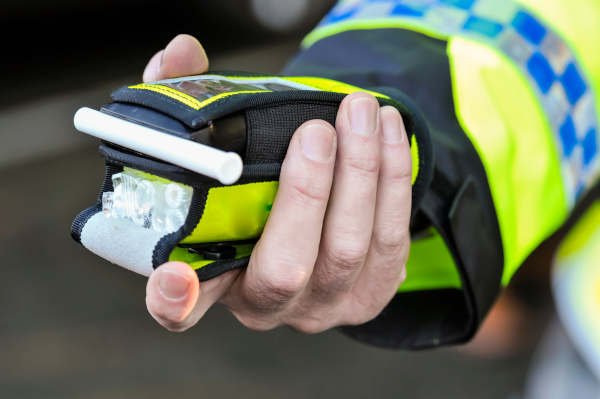Ministers are drafting new road safety legislation that is expected to be the largest reform to road safety laws since the Road Safety Act was introduced in 2006, according to The Times.
Under the new regulations reportedly being developed by Heidi Alexander, drivers could face required eye tests for the over-70s every three years when they renew their driving licence, as well as a potential test for other conditions such as dementia.
The drink-drive limit in England and Wales is also expected to be reduced from 35 micrograms of alcohol per 100 millilitres of breath to 22 micrograms, bringing it in line with the current limit in Scotland.
Ministers reportedly also want to make it easier for police to prosecute drug-driving by allowing them to rely on roadside saliva tests for evidence rather than blood tests.
Proposals include increasing the penalties for driving without insurance and measures to tackle ‘ghost plates’ that cannot be read by all automatic number-plate recognition cameras are also being considered.
The new legislation is expected to be published this autumn and put out to consultation.
This reform is being considered amid evidence that progress on road safety has stalled for over a decade now.
Recent data shows that in 2024, 1,633 people died in road traffic accidents in Great Britain, alongside around 28,000 who were seriously injured — the equivalent of about one casualty every 18 minutes.
Between 2000 and 2010, serious road casualties reduced by nearly half from 41,000 to 24,000, The Times reports, but have since spiked by over 15%.
In response to this news, RAC head of policy Simon Williams said: 'We look forward to seeing the detail of the Government’s forthcoming road safety strategy as too many lives are being lost on our roads every year. More clearly needs to be done to change that.
'Government data for Scotland suggests merely reducing the legal drink-drive limit isn’t enough. A significant number of drink-drive offences are committed by reoffenders, so tackling the risk associated with habitual drink-drivers is crucial. Motorists we've surveyed are supportive of repeat offenders having to have alcolocks fitted to their vehicles to stop them driving over the limit. More scope for the police to deal with drug-drivers more quickly would be very welcome.'






